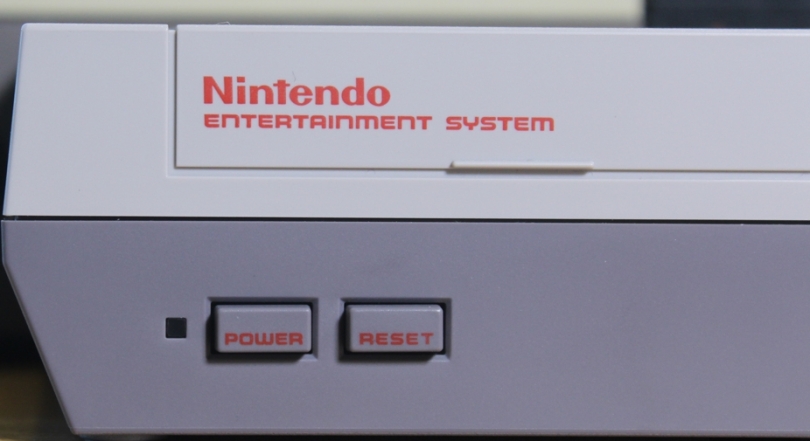Paul, a servant of Christ Jesus, called to be an apostle, set apart for the gospel of God—Romans 1:1 (ESV)
A Slave of Christ
When Paul greeted a church in one of his letters, he usually referred to himself as a servant of Christ Jesus or an apostle (or sometimes both as he did here). The original word for “servant” in Greek is doulos, which means a “slave” or a “bond-servant”. In both the Roman and Jewish cultures that Paul lived in, slaves had no freedom and were the property of their owners, but the Old Testament dictated in Exodus 21 the laws governing ownership of slaves.
We think of slavery as a concept of forced servitude against someone’s will, but Jewish law provided that if a slave declared love for the master, then that slave could willingly enter into permanent ownership by the master. Paul gave his life to Christ three days after meeting him on the road to Damascus. As a slave, Paul declared his love for Jesus and willingly surrendered all his personal rights in order to enter into permanent ownership by the master.
The term “slave” has negative racial connotations in society, so perhaps the word “bond-servant” gives a better explanation. The idea is that the servant had some sort of financial bond or debt obligation on his head. In order to pay off the debt, the servant would enter into a forced labor arrangement with the master. In our case, as we’ll see later in Romans, our debt is the wages of sin (death), which can only be paid for with the blood of Christ. In return for the forgiveness of our sins, Jesus asks for the only payment we can offer: faith in Christ alone for what He has done.
The Call of Christ
Paul claims that he was called to be an apostle, but who called him? The Greek word klétos can also be translated to the word “invited”. Here, the call is the divine invitation to follow Christ. In Acts 9, Saul of Tarsus was not seeking out Jesus, but rather Jesus extended a divine invitation to Saul.
This invitation is similar to the parable of the wedding feast in Matthew 22, where Jesus concluded that “many are called but few are chosen” (Matthew 22:14). The wedding feast itself is symbolic of salvation, which is the gift which we accept from Christ when we follow Him.
An Apostle of Christ
The Greek word apostolos refers to someone who is a messenger or who has been sent as a representative on a mission. So while those who are saved in Christ are His bond-servants, we are not treated cruelly by our Master or forced to do menial tasks. Christ calls us to follow Him so that we will be saved. He loves us and even though we have surrendered all control of our lives to Christ, He still entrusts us with the mission to spread the gospel to others.
Set Apart for Christ
Finally, Paul concludes the verse by stating that he is set apart for the gospel of God. The word used for “set apart” here is aphorizó, which I expected to be another word for set apart, which is “holy”. However, this word appears to just simply mean being physically separated. The Greek for gospel is euaggelion, the translation of which we’ve all heard: “good news”. Specifically, this good news is in reference to God’s good news of the Messiah and His coming.
Taking the entire sentence as a whole, we might have surrendered our personal claim on our lives to Christ, but He has called us to be set apart in order to represent Christ, to be a messenger for Christ and to be given a mission for the good news of the gospel. Christ loves us and has entrusted the gospel to those who follow Him to share that good news with others.
My prayers for today:
This might be the first verse of the book of Romans, but it’s not the first sentence. Paul continues this sentence through verse 7.
I want to live as one enslaved to Christ. I must remember that I was bought with a price (1 Corinthians 7:23), and I am set free from the penalty of sin because of that price that was paid (Romans 6:22). As a slave, I want to keep what the Lord says that He desires for me at the forefront of all my thoughts and actions.
I want to follow the call of Christ, because to all those who receive Him and believe in His name, they have the right to call themselves children of God (John 1:12). Not only do I not want to disappoint my Master, but I also do not want to disappoint my Father who loves me and adopted me into this family.
I want to be a representative of Christ. I don’t want people to see me when they look at me, but I want them to see Christ. I should live my life as a new creation in Christ, for my old self has passed away (2 Corinthians 5:17).
I want to live set apart for Christ. I want to live a different life that’s unlike that of the world: the desires of the flesh, the desires of the eyes and the pride of life (1 John 2:16). By living set apart from the world, I can more effectively represent Christ.
However, living set apart from the world doesn’t mean to avoid it completely or to shun others, because we are also called as followers of Christ to be set apart for the good news of Christ. Good news is meant to be shared with others, not kept to oneself (Matthew 5:14). As I live set apart from the world, I want to live a life where I embrace those opportunities to share the good news with others.


